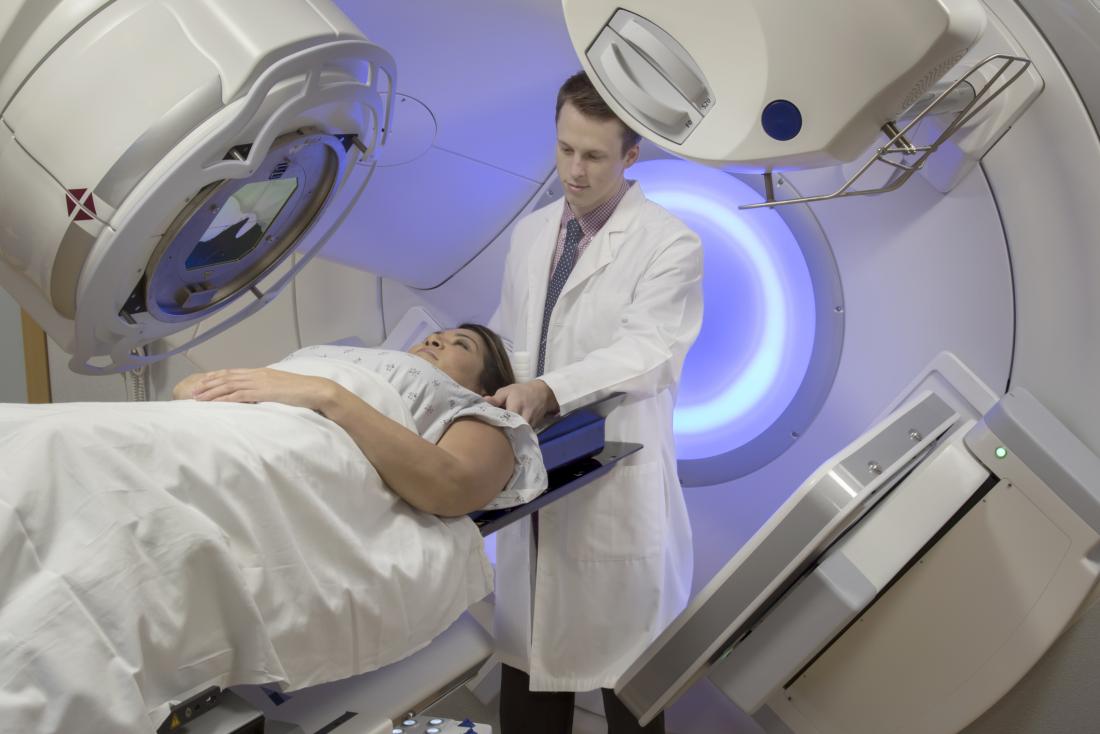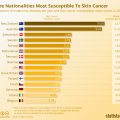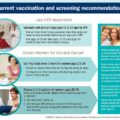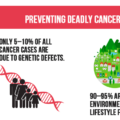What is radiation oncology?
Radiation oncology is a medical specialty that involves the controlled use of radiation to treat cancer either for cure, or to reduce pain and other symptoms caused by cancer. Radiation therapy (also called radiotherapy) is the term used to describe the actual treatment delivered by the radiation oncology team. American Society for Radiation Oncology (ASTRO) is a professional association in radiation oncology that is dedicated to improving patient care through professional education and training, support for clinical practice and health policy standards, advancement of science and research, and advocacy. ASTRO has more than 10,000 members who are physicians, nurses, biologist, physicists, radiation therapists, dosimetrists and other health care professionals who specialize in treating patients with radiation therapies. These medical professionals, found at hospitals, cancer treatment centers and academic research facilities around the globe, make up the radiation therapy treatment teams that are critical in the fight against cancer. Together, these teams, treat more than 1 million cancer patients each year.
Is a radiation oncologist a radiologist?
The radiation oncologist determines the delivery method and dosage of radiation therapy to be provided to a patient. A radiologist specializes in using medical imaging techniques to diagnose and treat different conditions, including cancer. Examining medical images and interpreting the results to provide a diagnosis.
What does a radiation oncologist do?
A radiation oncologist is a specialist physician who uses ionizing radiation (such as megavoltage X-rays or radionuclides) in the treatment of cancer. Radiation oncology is one of the three primary specialties, the other two being surgical and medical oncology, involved in the treatment of cancer.
Does oncology mean cancer?
Oncology is the study of cancer. An oncologist is a doctor who treats cancer and provides medical care for a person diagnosed with cancer. The field of oncology has three major areas: medical, surgical, and radiation. A surgical oncologist removes the tumor and nearby tissue during surgery.
How often should you see your oncologist?
In general, people return to the doctor for follow-up appointments every 3 to 4 months during the first 2 to 3 years after treatment, and once or twice a year after that. At these visits, you may have a physical exam along with blood tests and other necessary tests and procedures.
How long does it take for radiation therapy to work?
How long does radiation therapy take? Each radiation therapy treatment takes about 10 minutes. Radiation therapy to try and cure cancer is usually delivered daily, Monday through Friday, for about five to eight weeks. Weekend breaks allow normal cells to recover.
What foods should I avoid during radiation?
Unpasteurized fruit juice or cider. Raw sprouts like alfalfa sprouts. Raw or undercooked beef (especially ground beef) or other raw or undercooked meat and poultry. Raw or undercooked shellfish, like oysters—These items may carry the hepatitis A virus and should be cooked thoroughly to destroy the virus.
How can you reduce the side effects of radiation?
- Get plenty of rest and practice good sleep hygiene.
- Follow a balanced diet rich in nutrients.
- Take care of the skin in the treatment area.
- Avoid wearing tight clothes, especially over the treatment area.
- Protect the treated area from the sun, heat, and cold.
How does an oncologist diagnose cancer?
Imaging tests used in diagnosing cancer may include a computerized tomography (CT) scan, bone scan, magnetic resonance imaging (MRI), positron emission tomography (PET) scan, ultrasound and X-ray, among others. Biopsy. During a biopsy, your doctor collects a sample of cells for testing in the laboratory.
Does cancer show up on xray?
Most bone cancers show up on x-rays of the bone. The radiologist (doctor who specializes in reading x-rays) can often tell if a tumor is malignant by the way it appears on the x-ray, but only a biopsy can tell for sure. A chest x-ray is often done to see if bone cancer has spread to the lungs.
What happens after chemo and radiation therapy?
Chemotherapy and radiation destroy cancer cells. As your blood counts begin to recover after your infusion of stem cells, your mouth and throat will begin to heal, and the nausea and vomiting will also improve. Certain side effects can happen months or years after your transplant.
How long does it take to become a radiation oncologist?
All oncology doctors must complete an undergraduate degree program, four years of medical school and a residency or fellowship program that usually lasts two to four years, depending on the oncology specialty. Specialty areas include medical oncology, pediatric oncology, radiation oncology, or gynecological oncology.
What is the success rate of radiation therapy?
Men with localised prostate cancer who are treated with external-beam radiation therapy have a cure rate of 95.5% for intermediate-risk prostate cancer and 91.3% for high-risk prostate cancer. The 5-year survival rate using this treatment is 98.8% overall.
Do Radiation oncologists perform surgery?
Radiation can also be used to ease pain during palliative care. Surgical oncologists treat cancer with surgery. With lung cancer, it is common for a thoracic surgeon to perform the surgery. Some surgeons specialize in only breast cancer surgeries.
How long is residency for radiation oncology?
Radiation oncologists directly enter radiation oncology residencies of 5 years duration, with the first year as an internship year. During the next four years, residents complete intensive training in clinical oncology, in radiophysics and radiobiology, and in the treatment planning and delivery of radiotherapy.
How hard is it to match into radiation oncology?
Radiation oncology applicants with a 256 have a ~93% chance of matching while ones with a 233 have an ~85% chance of matching.
Is Radiation Oncology competitive?
Radiation oncology is a competitive specialty. “We receive over 150 applications each year and offer interviews to 25-30 applicants,” writes the Department of Radiation Oncology at UCSF.





